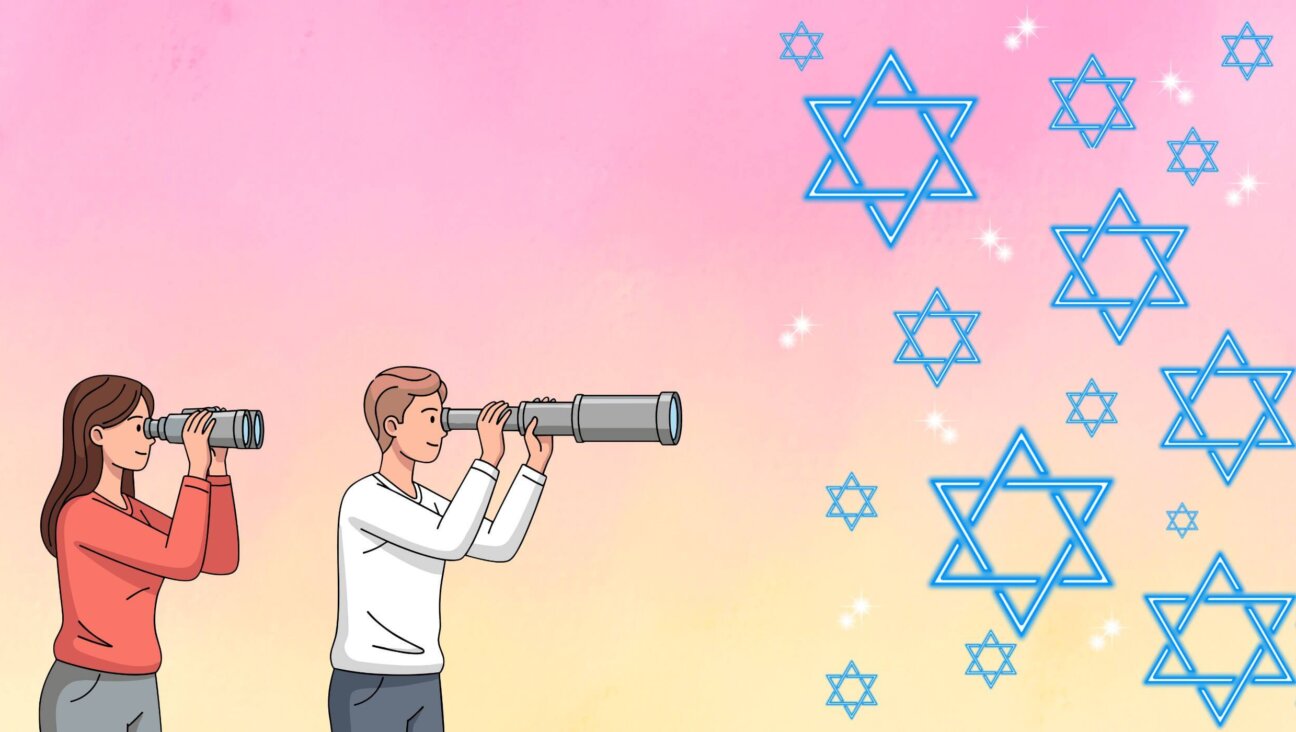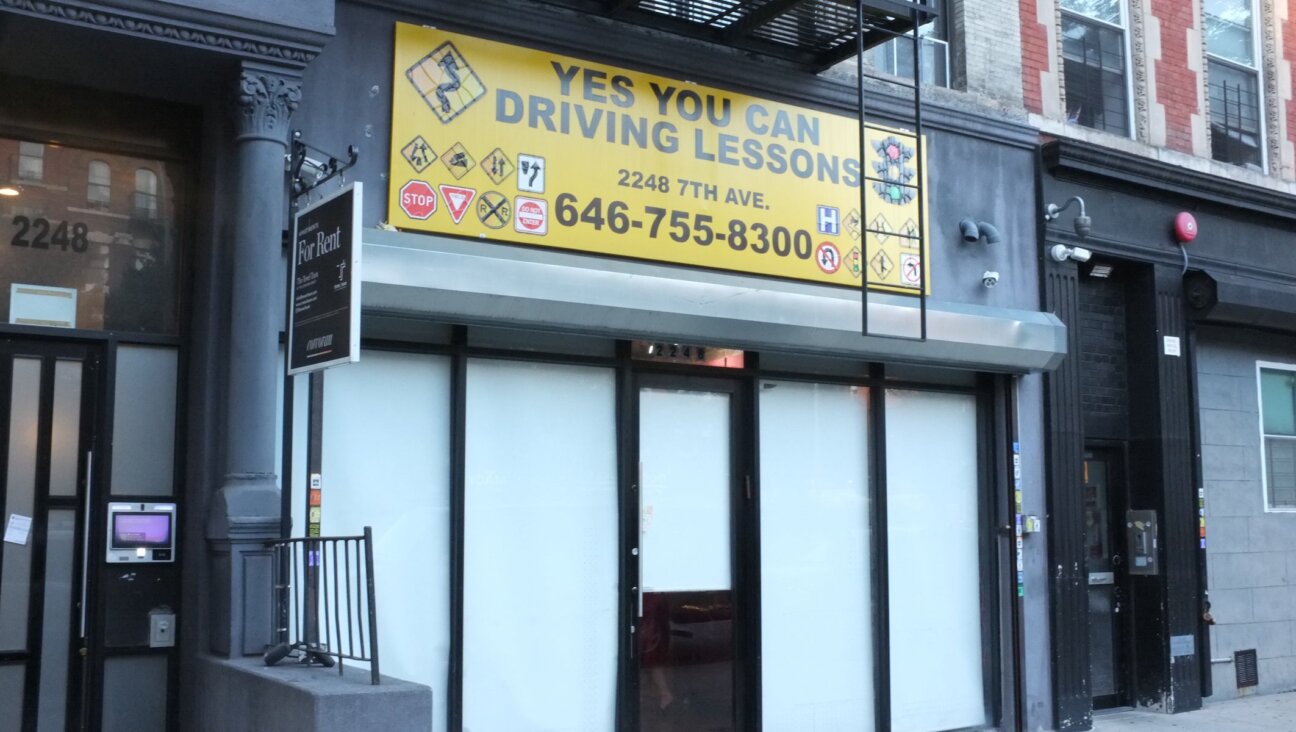Remembering Ice Cream With Elie Wiesel, a Modern Day Prophet

Image by Getty Images
The first time I ever met Elie Wiesel, we went out for ice cream.
It was an incongruous experience – eating a frivolous dessert in a Friendly’s just off campus with the man who, at that time nearly four decades ago, was a towering figure in my mind, a modern-day prophet, the very epitome of suffering, who had survived the absolute worst of the Holocaust and was nonetheless acting like a regular guy enjoying a frozen treat with me, a college student.
Wiesel’s passing has elicited scores of remembrances and tributes, from presidents and prime ministers to Jewish leaders and celebrities – the very best, in my opinion, by Holocaust scholar Michael Berenbaum, published elsewhere in the Forward. This level of recognition and appreciation can obscure how significant Wiesel was to American Jews of my generation.
Long before he became the world famous, Nobel laureate, Wiesel was the first voice we heard willing to speak about the Holocaust in all its horror and complexity, using gripping language to make real the unfathomable. He was courageous and unusual. He shook my world.
Remember: This was before a Holocaust museum was built on federal land in the heart of the nation’s capital; before monuments appeared in every city with a bagel shop; before the docu-dramas and films and plays; before school children were routinely exposed to a Holocaust curriculum; before survivors had ceased to be embarrassed to show their tattoos; before survivors felt empowered and compelled to speak of their experiences.
There was only Anne Frank’s diary until, like a startling bolt, Wiesel’s first book, “Night,” his searing memoir of his time in the concentration camps, was published in the United States. I remember the profound impact it had when I read it in high school; it was a voice from another world, exposing dark secrets and existential questions about God and humanity and survival.
With his quiet, lyrical speech and gaunt face, Wiesel seemed like an apparition, which is why our ice cream encounter felt so incongruous. Berenbaum, then a rabbi and professor at Wesleyan University, was just completing a book about Wiesel, and brought him to campus to speak. As the college newspaper editor, I was invited to interview him and that is how, along with Berenbaum’s family, we ended up at Friendly’s.
Honestly, I don’t remember what was said. I do remember feeling as if I was in the presence of a prophet. As a budding writer, I was in awe of the way Wiesel employed language in the service of memory. He had no official position, but his words and thoughts gave him a moral authority that he went on to use to great effect, evolving into the conscience of our community and forcing us to acknowledge both the particular Jewish nature of the Shoah and its inescapable universalistic implications.
I have seen Wiesel speak many times since that first encounter, read more of his books, admired his eloquence and unparalleled public stature. But his very fame has allowed us to overlook his early, singular contribution, when he was virtually the only one imploring us not to forget, when he continued to write and speak out long before any of us could have imagined that the Holocaust would be recognized in the way it is.
That’s the Wiesel I remember today, and I will always be grateful for that early brush with his legacy.
Contact Jane Eisner at [email protected] Follow her on Twitter, @Jane_Eisner

















